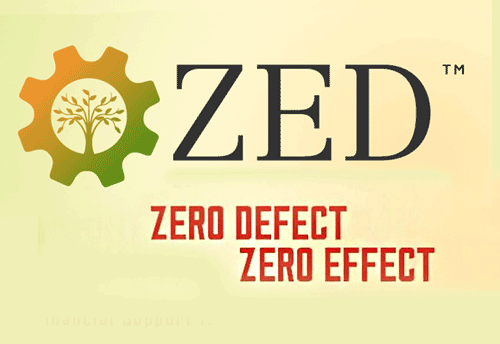ZED Certification is a quality standard introduced by the Government of India to encourage Indian manufacturing industries, particularly Micro, Small, and Medium Enterprises (MSMEs), to adopt practices of Zero Defect and Zero Effect. The goal of ZED is to improve quality management, enhance productivity, and promote environmental sustainability in the MSME sector. It aims to help MSMEs meet international standards in production, while ensuring minimal environmental impact and higher efficiency.
The ZED Certification system assesses various aspects of manufacturing practices, including product quality, process quality, environmental performance, and energy efficiency. It helps businesses reduce defects in products, improve operational efficiency, and minimize environmental harm. ZED is designed to strengthen the global competitiveness of Indian MSMEs by promoting sustainable growth and quality excellence.
